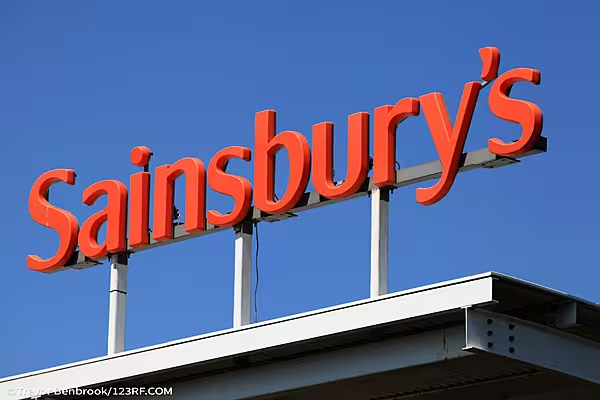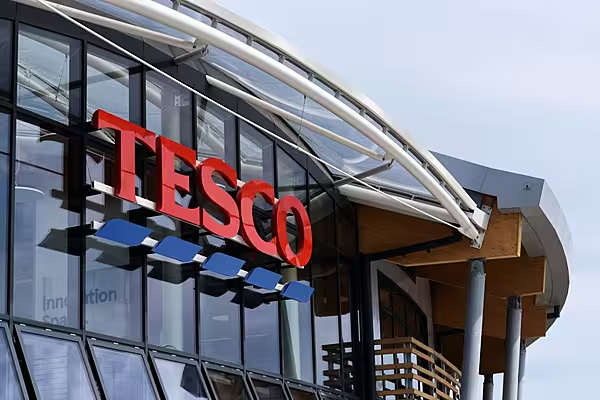Sainsbury’s has strengthened its commitment to tackle the climate crisis by accelerating its target to achieve net zero across its own operations by 2035 – five years earlier than its original ambition and aligned to UN’s goal to limit global warming to 1.5 degrees.
The retailer has cut its carbon footprint by 47% in the last 17 years despite its space increasing by over 40%.
Carbon-Neutrality Goals
Last year, Sainsbury’s reduced its absolute greenhouse gas emissions from its own operations by 25,580 tCO2e, year-on-year.
To help achieve its target, the UK retailer will install 100% LED lighting across its supermarkets by the end of this year, reducing lighting energy consumption by 70% and store energy consumption by 20%.
This follows an extensive financial investment of £320 million in the past ten years, funding more than 3,100 sustainable initiatives.
By the end of the year the supermarket will be using 100% renewable electricity across its entire estate and has committed to the long-term purchasing of renewable energy from new wind farms and solar projects to be built over the next two years, significantly reducing its reliance on fossil fuels.
The United Nations has warned that global warming of 2 degrees will be exceeded during the 21st century unless emissions are rapidly reduced in the coming decades.
Simon Roberts, CEO of Sainsbury’s, said, "The clock is ticking. Climate targets matter – but action to deliver them matters more. The progress we’ve made has enabled us to accelerate our own targets and move faster to cut our emissions.
"We recognise that we not only have a responsibility to our colleagues and the communities we serve in the UK, but to those we source from globally, to reduce the impact our business has on the environment. The United Nations report made clear that we all need to step up our efforts and be ambitious in our pursuits to limit global warming to 1.5 degrees."
Collaboration With External Stakeholders
The retailer has made significant progress in the last two years and has reduced greenhouse gas emissions in its own operations by 14%.
However, to meet its ambitious target, the group acknowledged that it will need to collaborate with government, industry, suppliers, and academia to share knowledge and find solutions.
As a retailer sourcing over 30,000 products from over 70 countries, Sainsbury’s is also collaborating with its suppliers to set their own ambitious net zero commitments, with the goal of reducing Scope 3 emissions in its value chain by 30% by 2030.
This includes reducing emissions from purchased goods and services sold, upstream transport and distribution and the direct use of sold products.
This year, the retailer has written to 400 of its top suppliers asking them to report and disclose against their carbon reduction targets.
The chain has launched ‘Sainsbury’s Global Farm’, an online resource connecting customers with different suppliers around the world, to showcase the measures implemented by its food producers to tackle climate change.
In partnership with LEAF, a global charity which develops and promotes sustainable farming, Sainsbury’s hopes to raise awareness of where food comes from, how it is produced and how the retailer is working with farmers to drive lasting positive change in the communities it serves and sources from.
Customers will be able to meet the farmers behind some of their favourite food items and discover how their farming practices are better for the planet.
© 2021 European Supermarket Magazine. Article by Conor Farrelly. For more Retail news, click here. Click subscribe to sign up to ESM: European Supermarket Magazine.













